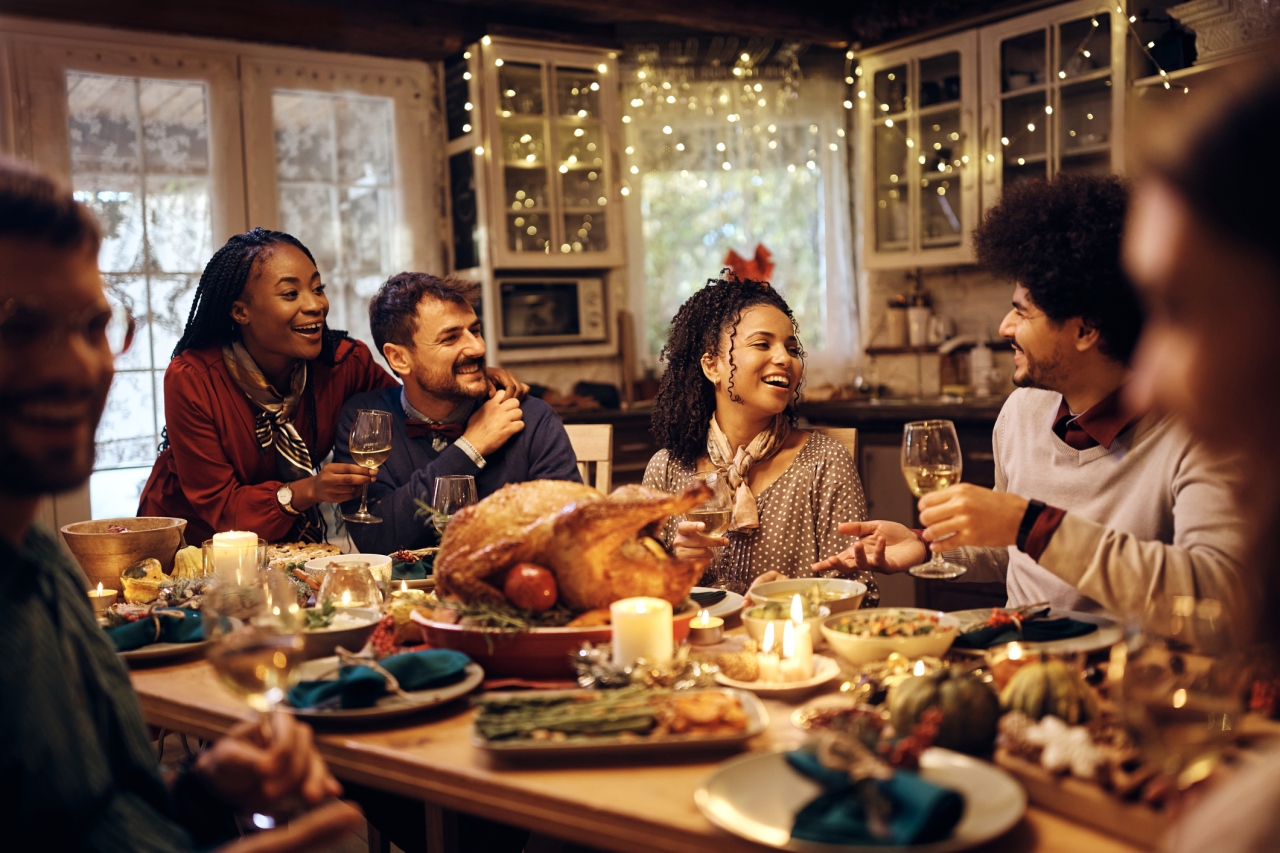Story at a glance
- A new Quinnipiac poll found that 65 percent of Americans hope they can avoid talking about politics with family and friends this Thanksgiving.
- Inflation, recent mass shootings, climate change, and the results of the midterm elections will most likely be on people’s minds this holiday.
- When discussing politics with family this year, one clinical psychologist recommends staying curious and taking breaks if needed.
The holidays are a stressful time for most Americans.
But the demands of Thanksgiving holiday this year are compounded by the stress of high inflation, worsening impacts of climate change, the tragedy of multiple mass shootings and the outcomes of the 2022 midterm elections.
And while many Americans will, inevitably, spend time during the holidays talking about current events, the bulk of people want to avoid talking about the subject of politics entirely.
A new Quinnipiac poll found that almost two-thirds of Americans, 65 percent, hope to avoid talking about politics altogether during the Thanksgiving holiday this year.
Here are a few tips on how to have less stressful conversations about politics with family and friends this holiday:
(Really) try to listen
Los Angeles-based clinical psychologist Dr. Lauren Cook told Changing America that when talking about potentially divisive topics, it’s important to actively listen to what the other person is saying and not focus on defending our own point of view.
“When we get defensive or feel like someone is misunderstanding us, our walls can quickly go up,” said Cook. “Rather than jump to what your next response will be, practice responding rather than reacting.”
Cook recommended taking deep, belly breaths while listening to the person with an opposing viewpoint. Another technique Cook suggests is repeating back what the other person is saying to “ensure that you understand what it is they’re trying to express.”
Be curious
Cook also recommends going into a conversation about politics with a sense of curiosity to figure out the other person’s point of view.
“If you go in with presumptions or a belief that you need to show that you’re right, it’s a lost opportunity to try and understand where the other person is coming from,” Cook said. “Having a goal of really try understanding the other person’s perspective can help keep things calm when it might start to become challenging,” she added.
It’s okay to disagree
A difference in belief or viewpoint does not always have to be divisive.
When it comes to politics it’s easy to get stuck in “all-or-nothing thinking” where people feel like they can’t or don’t want to have relationships with people that have different opinions, Cook said. “First, ask yourself if you want to maintain a relationship with this person,” she said.
“If the answer is yes, then you can practice holding that it’s okay to love someone deeply and still deeply agree with them. Both can be true at the same time.”
Take some space
Take breaks from heated conversations in order to protect your well-being and prevent saying something you might regret.
“If you find you’re getting so activated that you may lash out or feel deeply wounded, then create some space for yourself,” Cook suggested. “Whether it’s changing the subject, walking into another room, or leaving altogether.”
Source link
